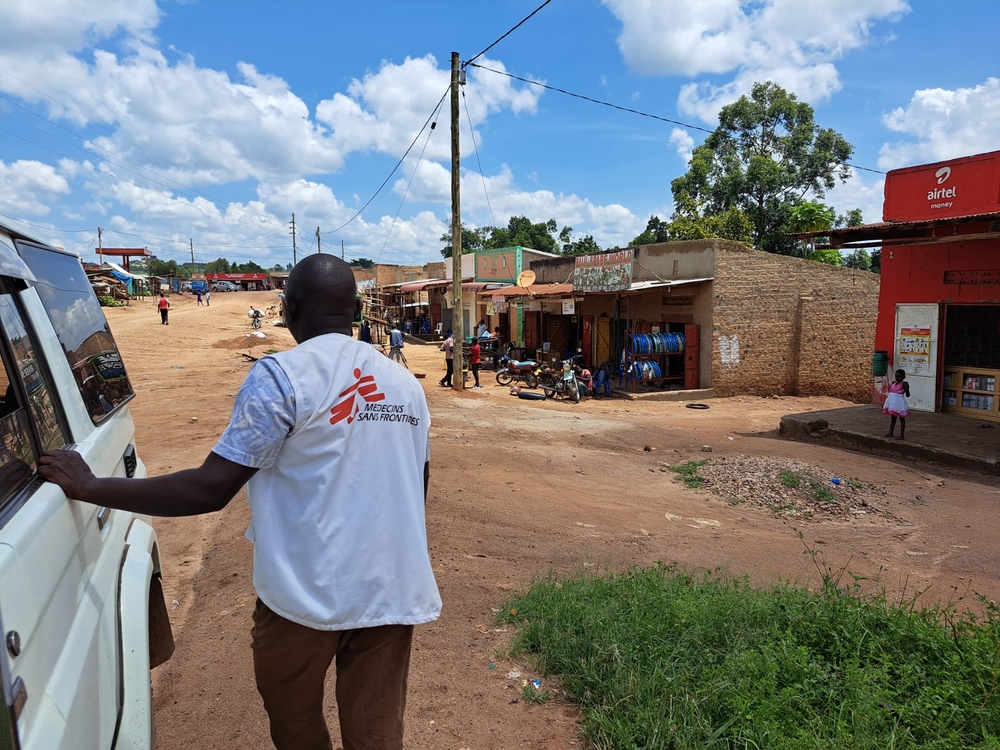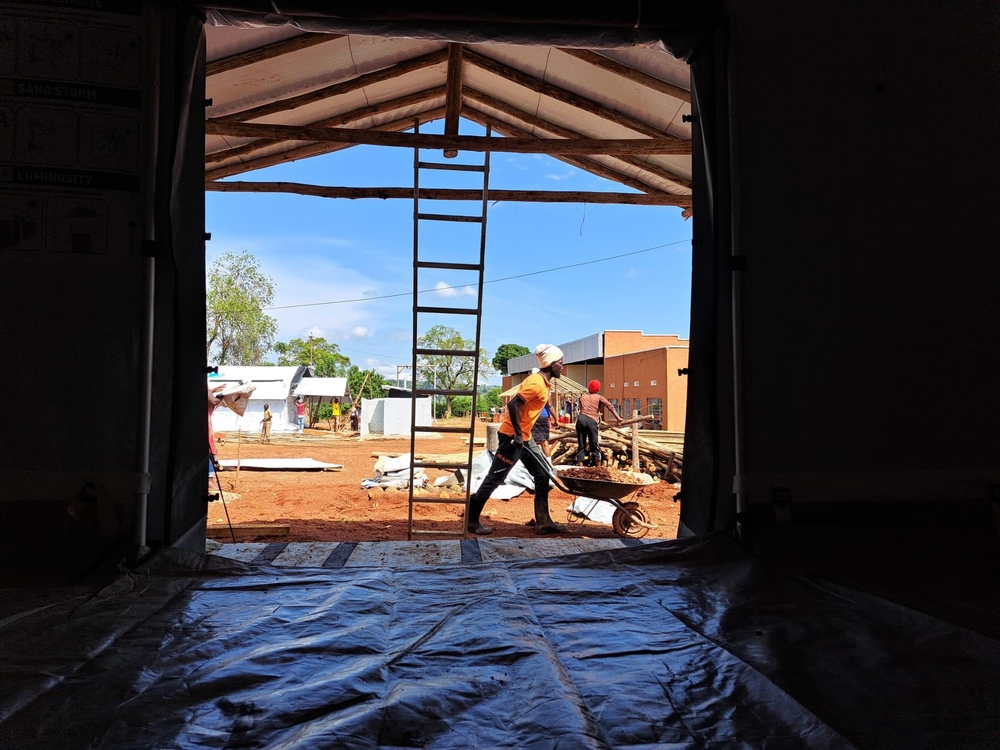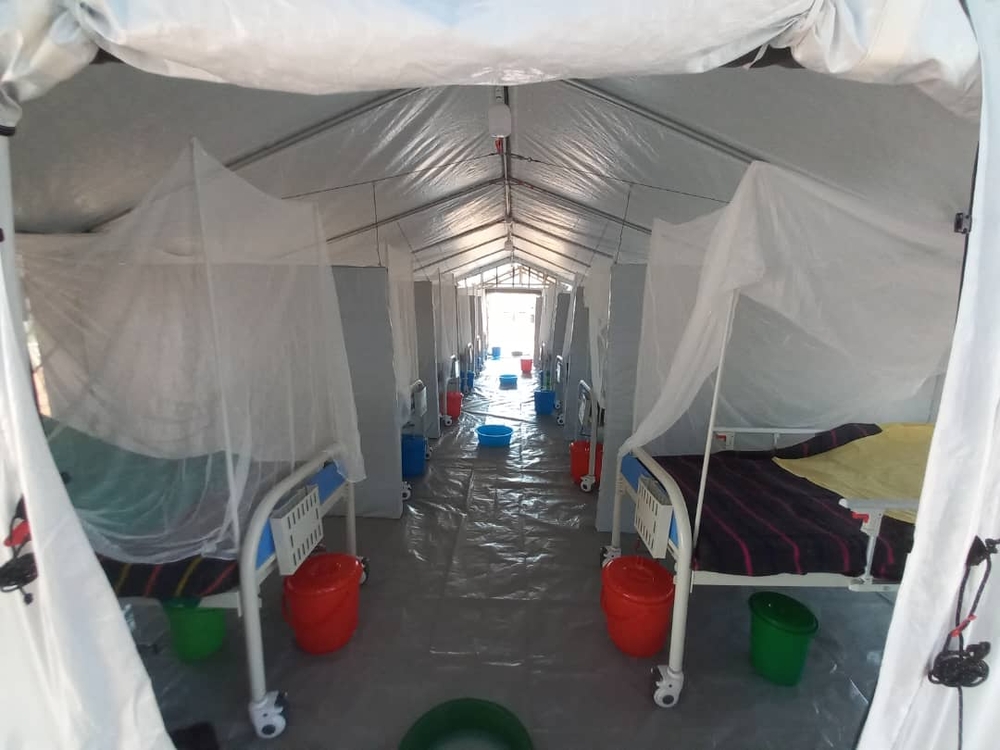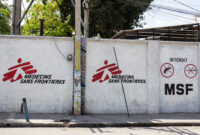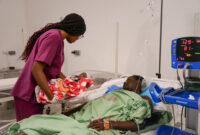There’s no vaccine available for the Ebola outbreak in Uganda – even though one has been sitting on a shelf in Canada for years
The current outbreak of Ebola in Uganda is highly concerning. Lives have already been lost, and Doctors Without Borders/Médecins Sans Frontières (MSF) medical teams, who are responding to the outbreak, must work around the clock to help prevent the disease from spreading. But the emergency response is hampered by the fact there are no approved vaccines or treatments for this species of Ebola, which is the less common Ebola-Sudan type.
This is in contrast to the more common species (Ebola-Zaire), for which effective vaccines do exist. In fact, the first effective vaccine for Ebola-Zaire, which MSF and others have used to save lives and stop the spread of multiple Ebola outbreaks in recent years, was developed by scientists at Canada’s National Microbiology Laboratory in Winnipeg in the early 2000s.
Unfortunately, the path from Canadian lab to patient is slow and cumbersome. Despite its long history, Canada’s Ebola-Zaire vaccine was still unavailable when the 2014-16 Ebola outbreak in West Africa first struck, killing thousands of people and sparking a global public health crisis. Today, history is repeating itself: A promising vaccine candidate for Ebola-Sudan was developed by the same Canadian government lab well over a decade ago but has mostly sat on a shelf ever since. The same story is true for other serious diseases like Marburg and Lassa Fever. There have been outbreaks of all three of these diseases in 2022, made deadlier by the fact that none of them have an approved vaccine — and yet all three have promising vaccine candidates developed, but never completed, in Canada.
The problem is that Canada’s research and development (R&D) system is simply not geared towards developing drugs and vaccines that generate large benefits for public health but do not generate large profits for private pharmaceutical companies. Rather, the Canadian R&D system relies upon profit-motivated pharmaceutical companies to bring lifesaving medicines and vaccines to market even when publicly funded institutions like universities and research labs are the ones making the discoveries. This approach simply has not worked for many drugs and vaccines that lack a lucrative market, such as Ebola vaccines, because pharmaceutical companies do not see profits in them, so they languish unfinished on the shelf until it’s too late. MSF has been calling upon the Canadian government to address these problems by making changes to federal medical R&D funding that will instead place lives over profits.
It’s time for Canada to finish the job and ensure a pathway for important Canadian research to be translated into vital public health tools that in turn reach the patients who need them.

